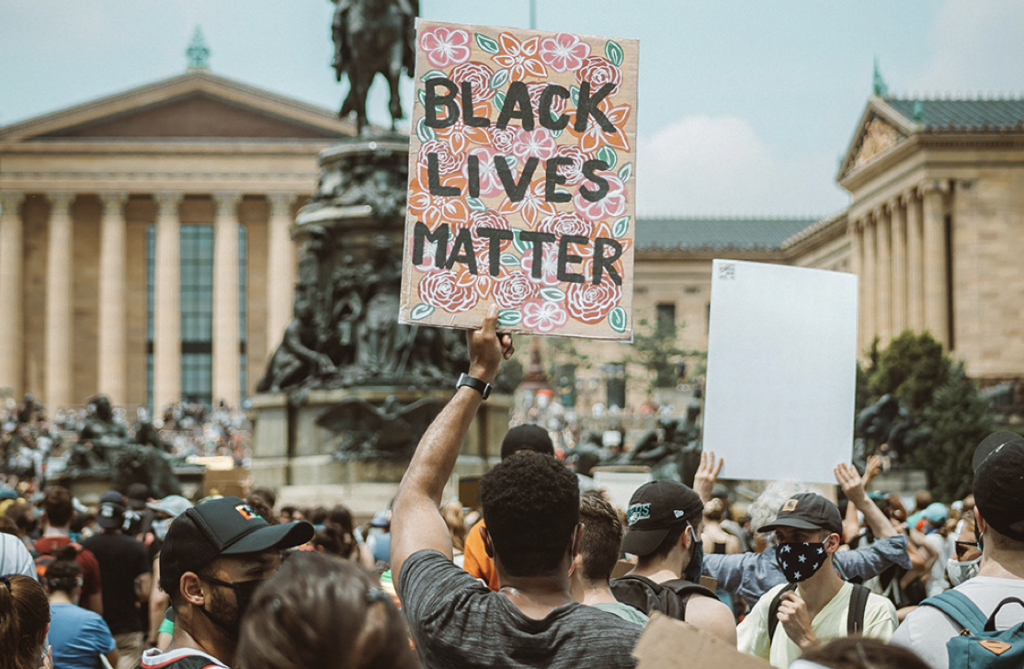Why purpose is worth prioritising
In a time when we’re simultaneously more in our household bubbles than ever before, and deeply clued in to the world around us, brand purpose has become a hot topic.
The links below highlight a variety of views on the relationship between purpose and profit, but – as we recently explored in our Human Centricity workshop on Strategy – putting humans at the centre of your company’s purpose is key to establishing direction and maintaining competitive advantage.
“It’s only when the tide goes out that you learn who has been swimming naked.”
Warren Buffet had over-leveraged companies in mind when he said that. But it also applies to brands that claim to be purpose-led when a pandemic and global civil rights protests happen simultaneously. Some will emerge from 2020’s turbulence with their reputations enhanced. Others may well feel embarrassed.
A journey not a destination
Purpose is a broad, much discussed topic and there is no single definition. But the one Bruce Simpson, a senior partner at McKinsey uses, is as good as any: brand purpose is “your core reason for being and the resulting positive impact your company has on the world.” Rather than being the destination, he argues that a strong purpose is what makes the journey meaningful and worthwhile.
Purpose is as much about the decisions you don’t make (the investments you forego, the markets you don’t enter) as those you do (how you contribute positively to the environment, how you empower and support your employees).
Done properly, purpose should fundamentally shape the way an organisation is run and the decisions that are made.

Why is being a purpose-led brand worth aspiring to?
In short because times are changing. Previously it may have been enough for brands to say the right things or focus on delivering excellent products and experiences. But a new crop of socially-conscious brands are raising the bar for what it means to be purpose-driven – for example:
- Hiut Denim: Founded as a response to the closure of a denim factory in Cardigan, Wales, this premium brand is giving jobs back to local people skilled in the field
- Who Gives a Crap: A loo roll manufacturer with strong eco credentials that sets aside 50% of its profits for building toilets in developing countries
- Redemption Roasters (as served by my local café Fowlds): “The world’s first behind bars coffee company” sources ethical beans and provides training and employment opportunities for ex-offenders
Not only are these brands ethical, with purpose knitted into their very essence but, crucially, they’re cool too (yes, even the loo rolls!). Purposeful consumption no longer requires compromises.
Do it properly if you’re doing it at all
Simply put, consumers can tell when brand behaviours aren’t genuine. And this can end up doing more harm than doing nothing at all, as BP discovered in 2019 with ads that portrayed it as a green energy provider – despite 96% of its business being in oil and gas.
Purpose should also involve more than talk. Gillette’s ‘The Best Men Can Be’ advert took aim at toxic masculinity and sexual harassment and generated much discussion and even controversy online. However, a truly purpose driven brand might have worked to address the ‘pink tax’ whereby women end up paying up to 34% more than men for essential toiletries.
Some brands have strong principles from the outset; John Lewis and Timpson, two of the UK’s highest regarded companies, have been purpose-led for over a century. But if your brand has a more chequered past, a big, bold pledge – similar to Michael Jordan/Jordan Brand’s recent support for the BLM movement – goes a long way.

As always, if you need support setting direction for your brands, get in touch.




